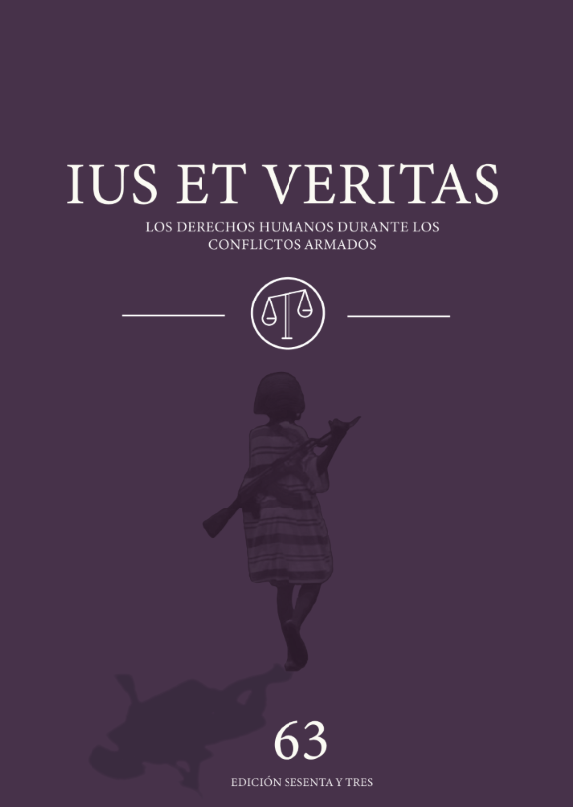Democracia, Constitución y Conflicto: (Re)pensando las articulaciones desde el agonismo
DOI:
https://doi.org/10.18800/iusetveritas.202102.010Palabras clave:
Law, Policy, Constitution, Democracy, Constitutionalism, Conflict, AgonismResumen
Contemporary liberal democratic societies are marked by complexity and the fact of pluralism and diverse visions of goods. How to articulate them, and how to provide solutions to conflicts? The current predominant perspective of liberal theory does so through the proposal of consensual possibilities; but from this perspective a problem arises: can there be consensus without prejudice to democratic practices and political action, which is an essential mark of a plural society, and which presupposes the non-exclusion of the other and equality as a constitutional foundation? Faced with this issue, there is a need to (re)think practices of expression of the plural, not excluding conflict, articulatory aspects and recognition of the different, as it marks a plural society, and its reflexes in the construction of a public space as a space for the expression of diversity and conflict, and, therefore, of the democratic.
The hypothesis is that the conflictive condition can and should be understood as productive for the recognition of plural expressions both in politics and in law, both in democracy and constitutionalism, and from them not being extirpated, but transformed into agonism, acceptance and plural expression.
The main objective is to analyze how the conception of agonism, conceived by Chantal Mouffe, can contribute to the understanding of necessary articulations and implications between law and politics, constitutionalism and democracy in order to build meaningful and productive perspectives. Thus, for the development of the research, contributions were sought in political theory and constitutional theory, whose foundation was given, especially, from Chantal Mouffe, Post and Siegel, and Vera Karam de Chueiri. The method used was deductive, testing assumptions to verify possible conclusions; the research technique was bibliographic, developed from research in works and articles. At the end of the research, the hypothesis was confirmed.




.png)
.png)
